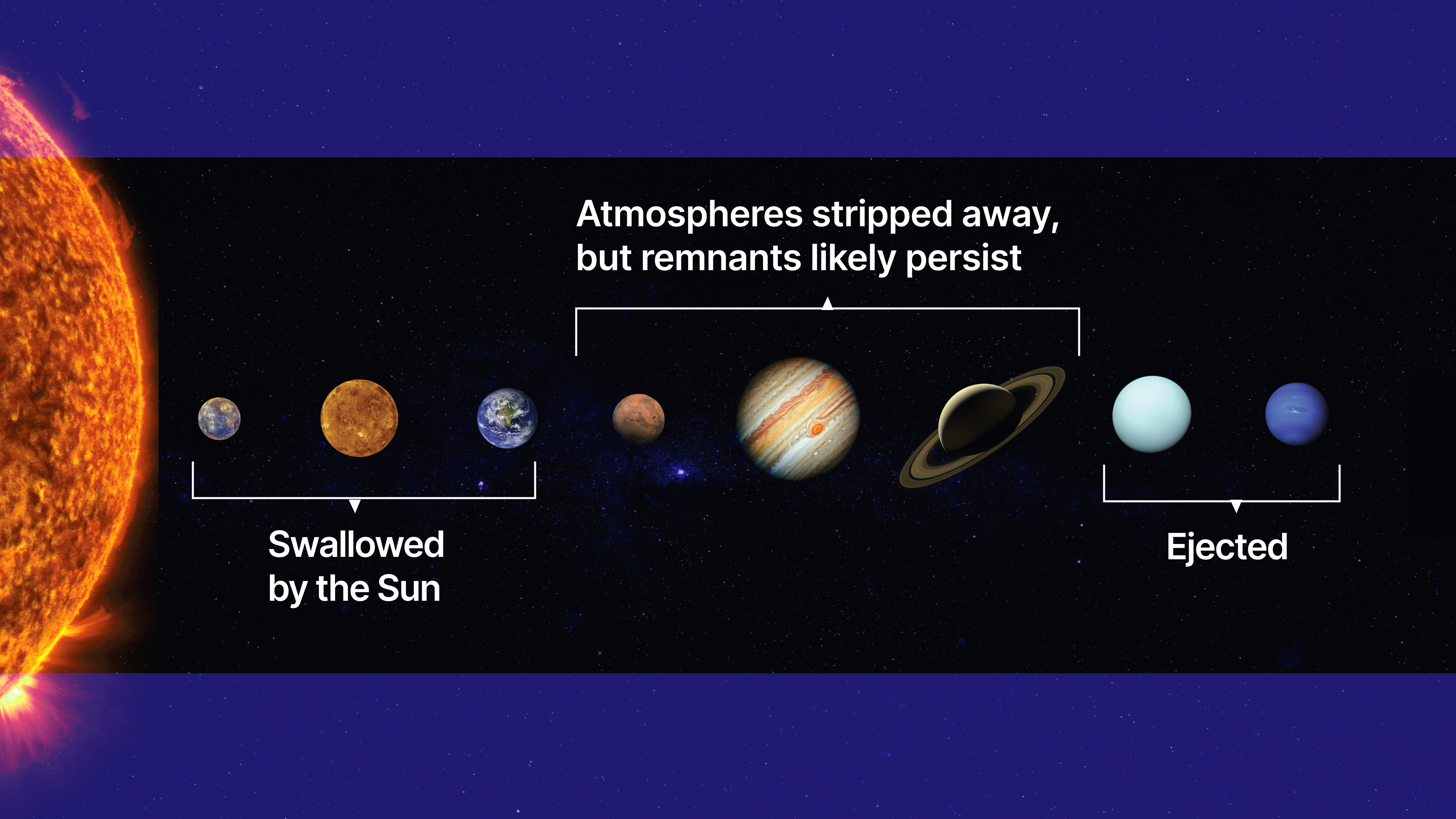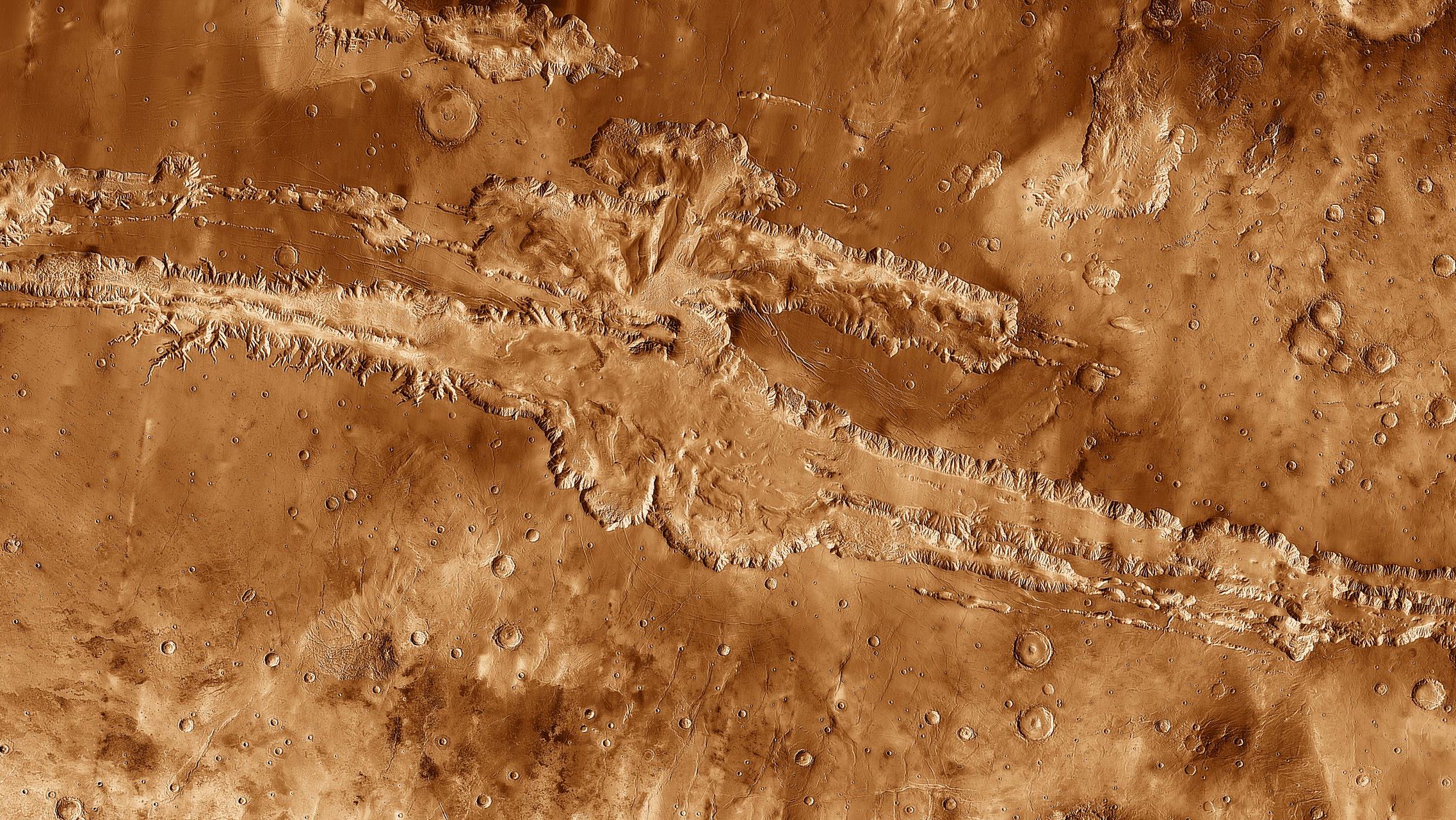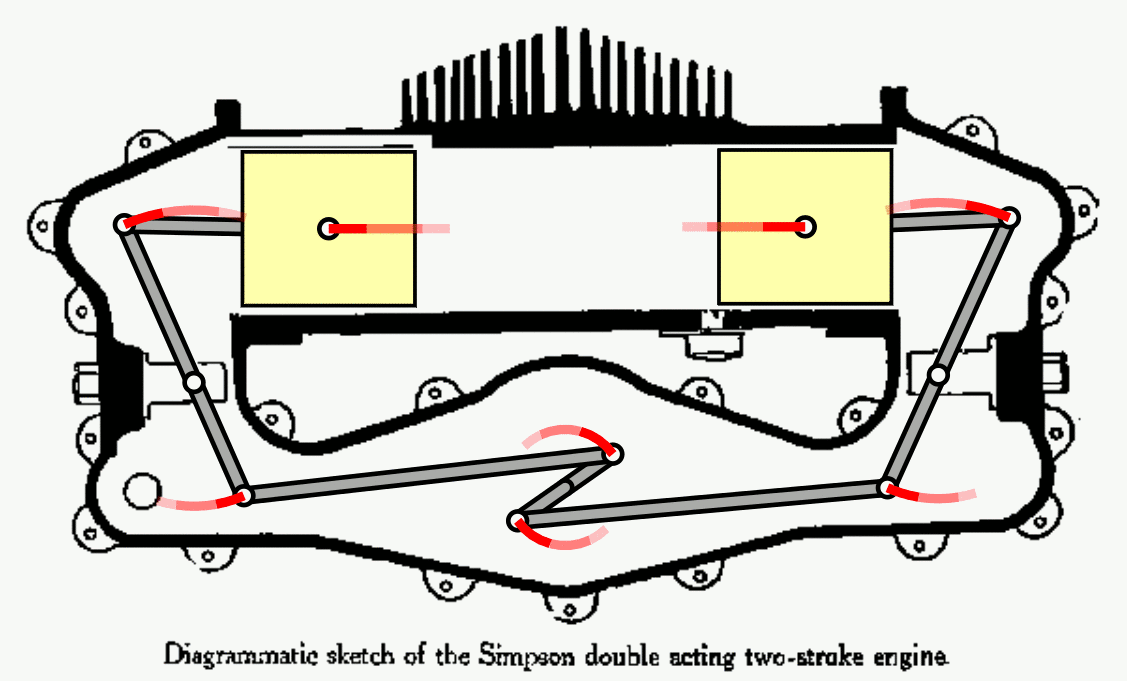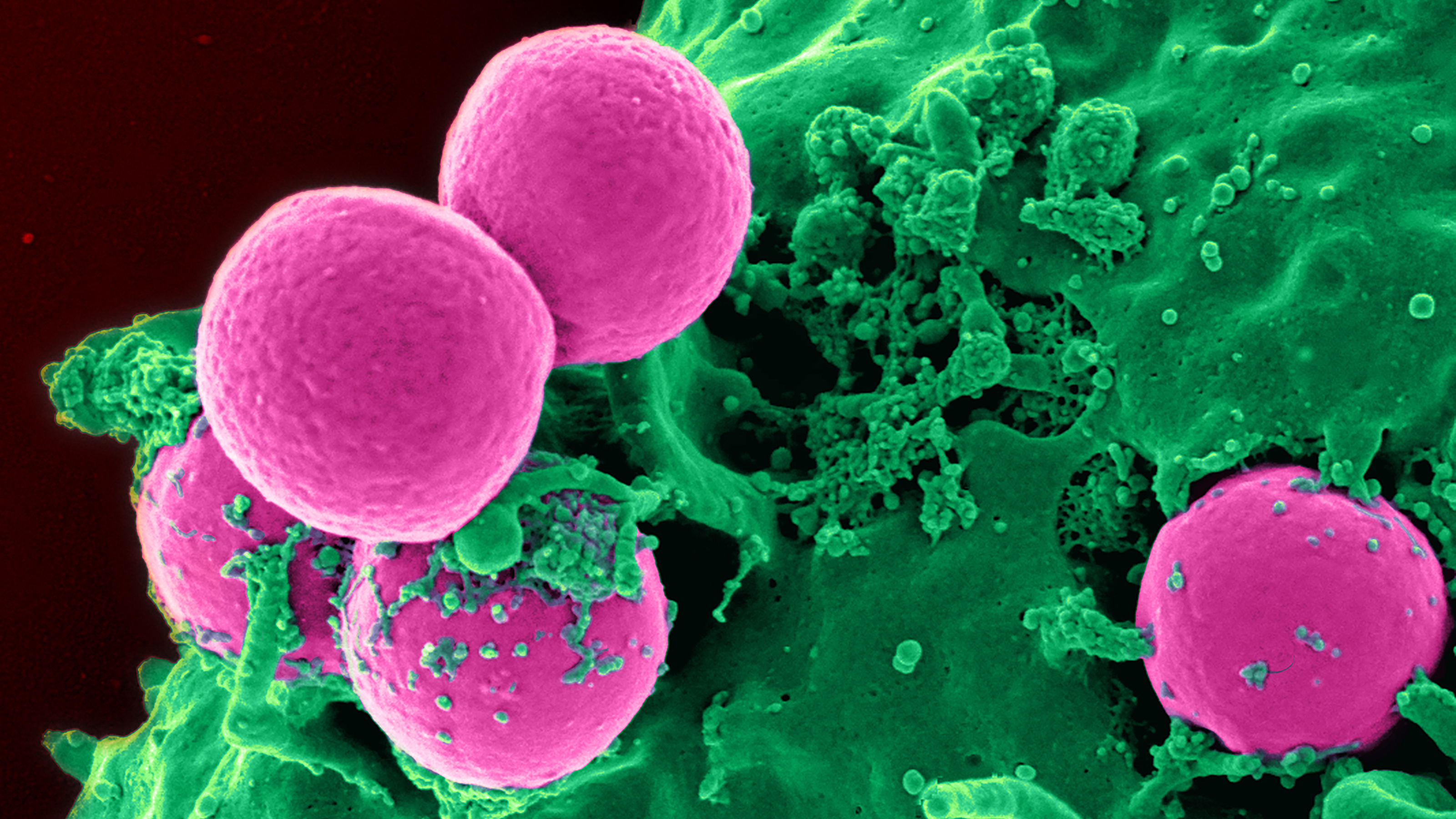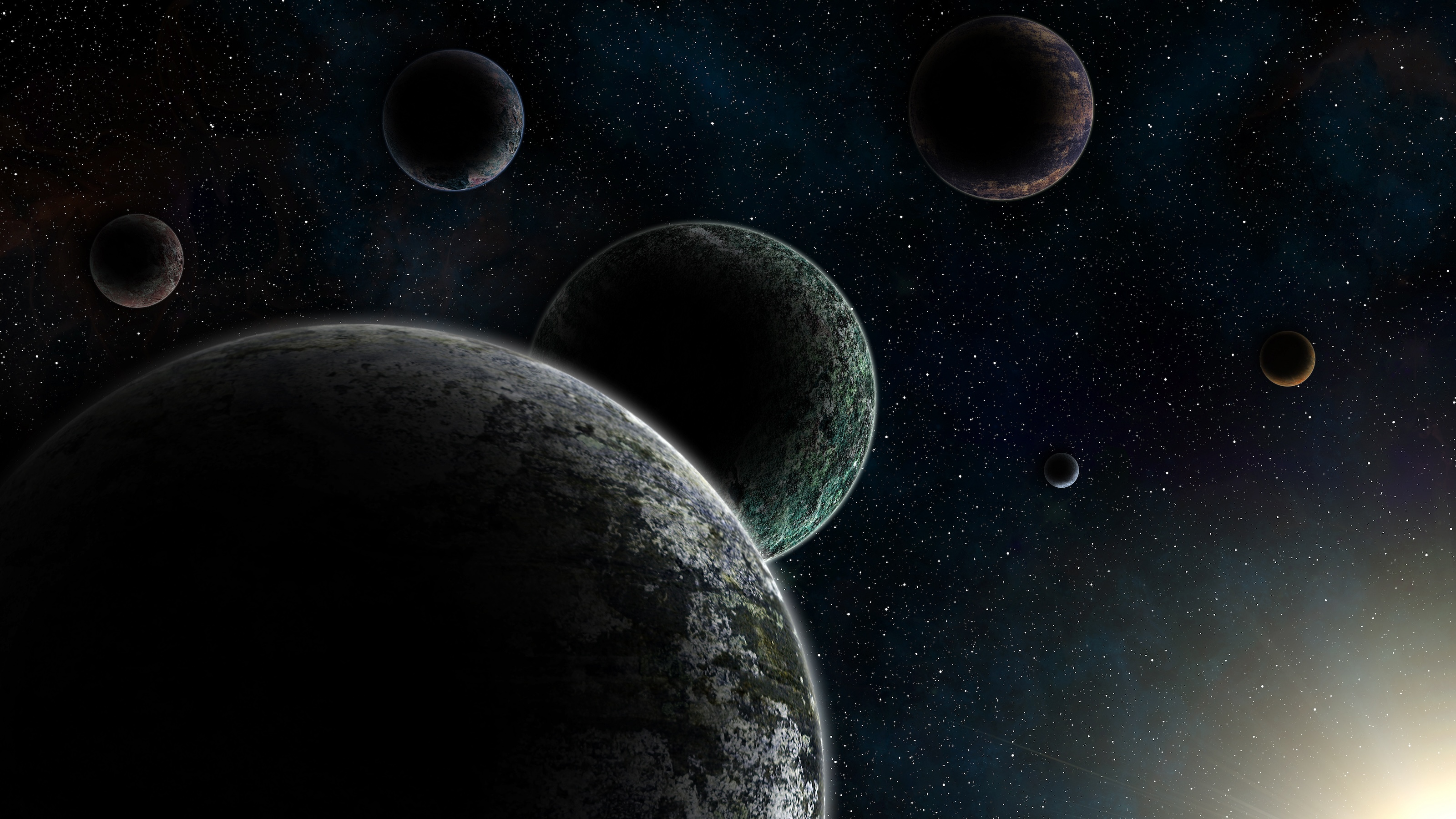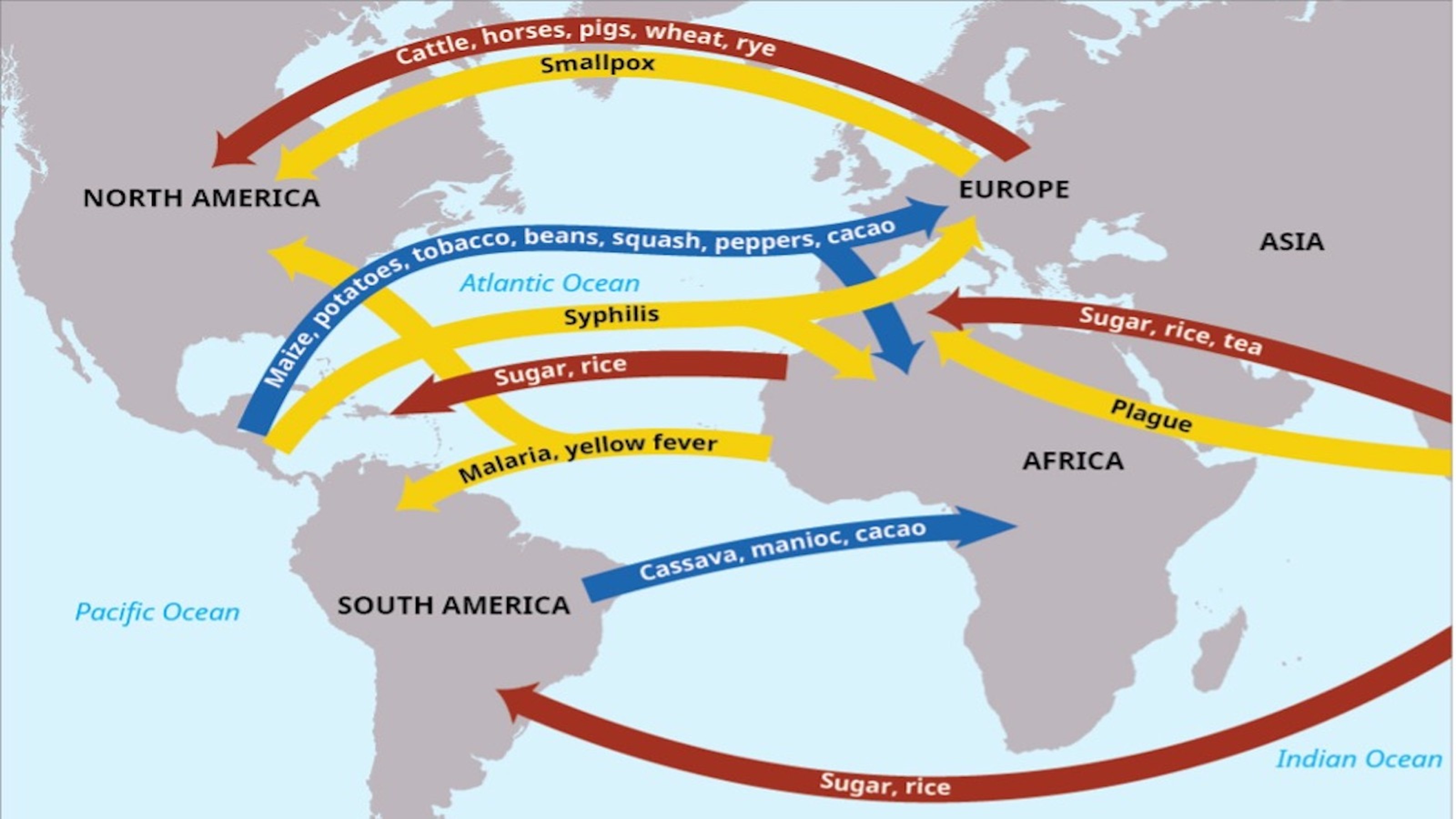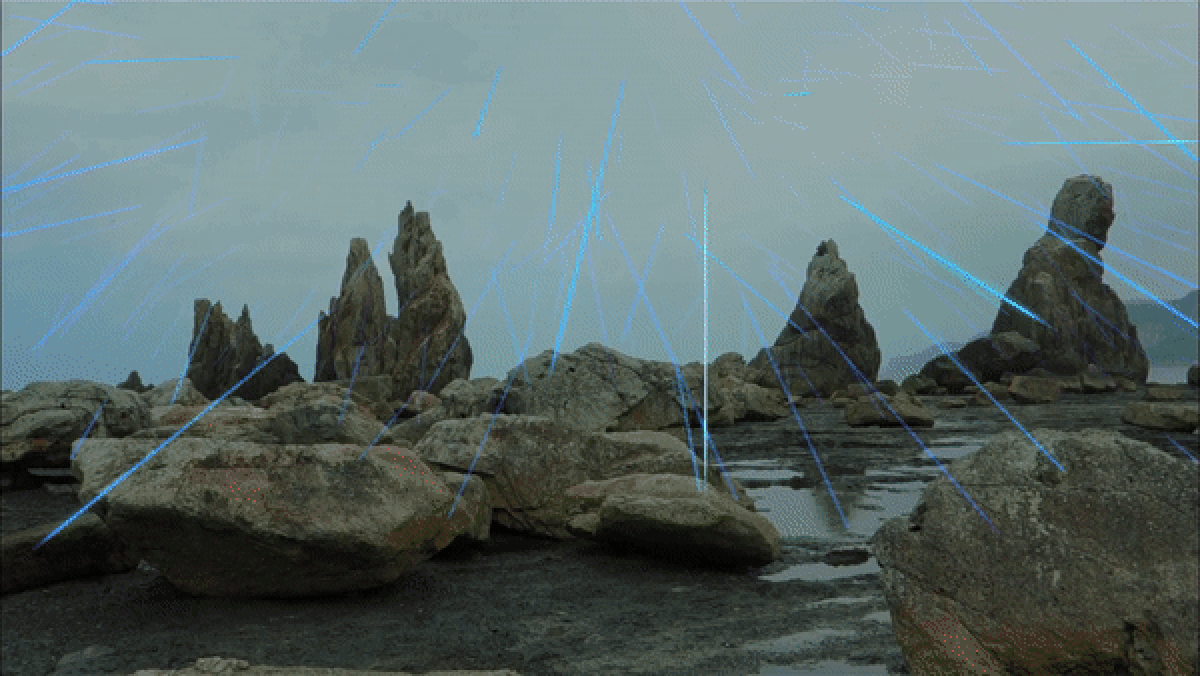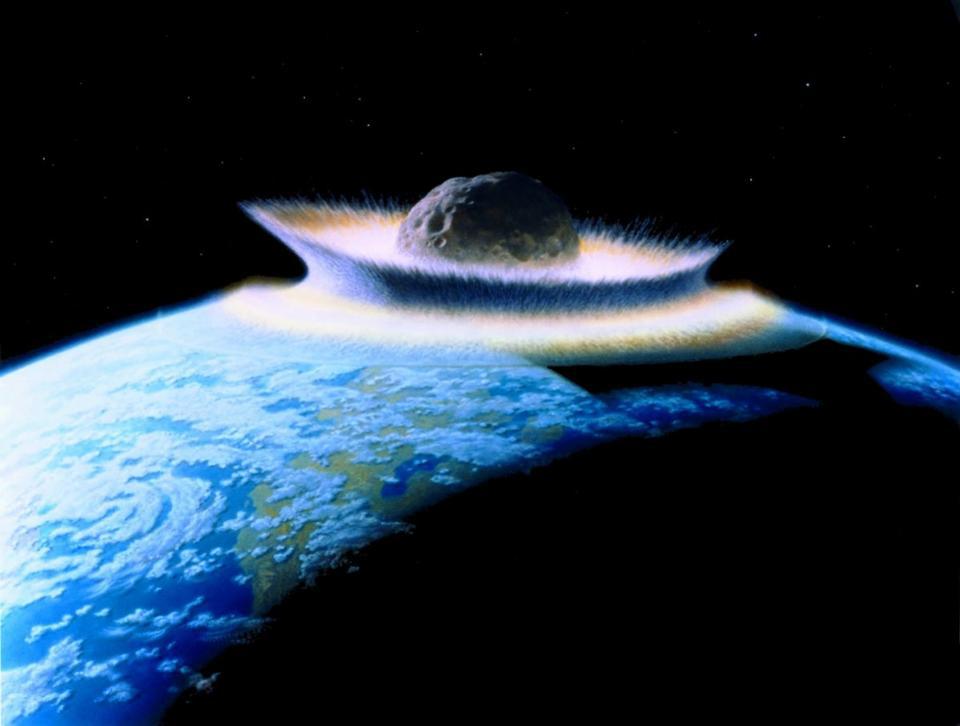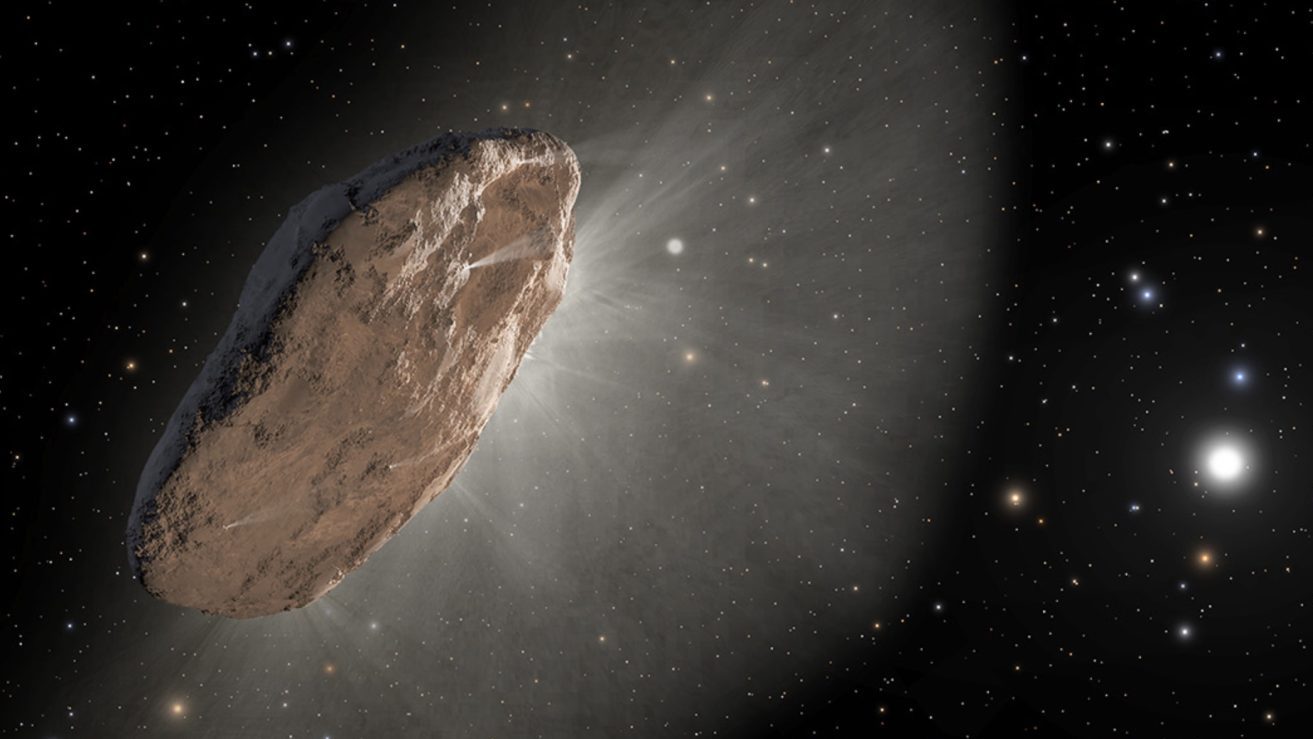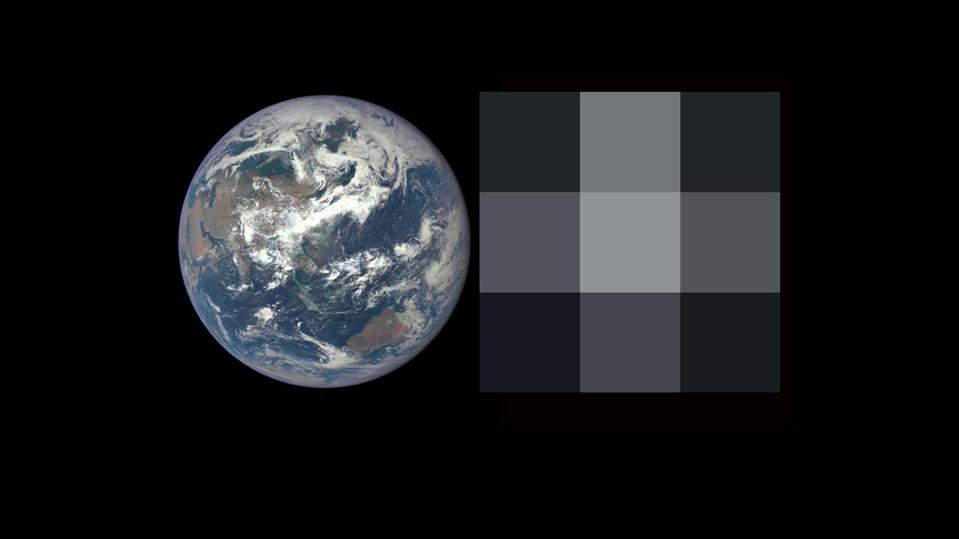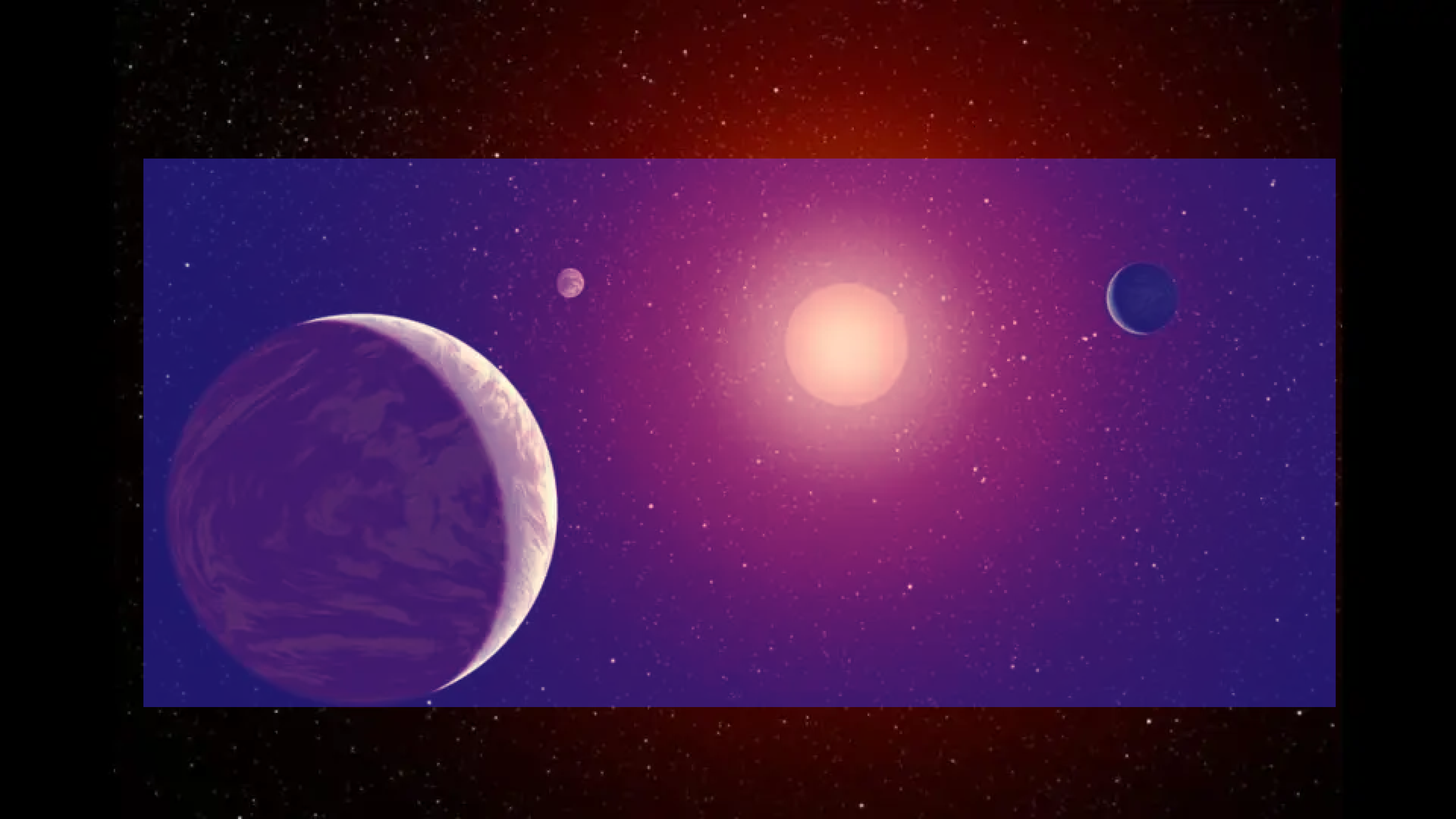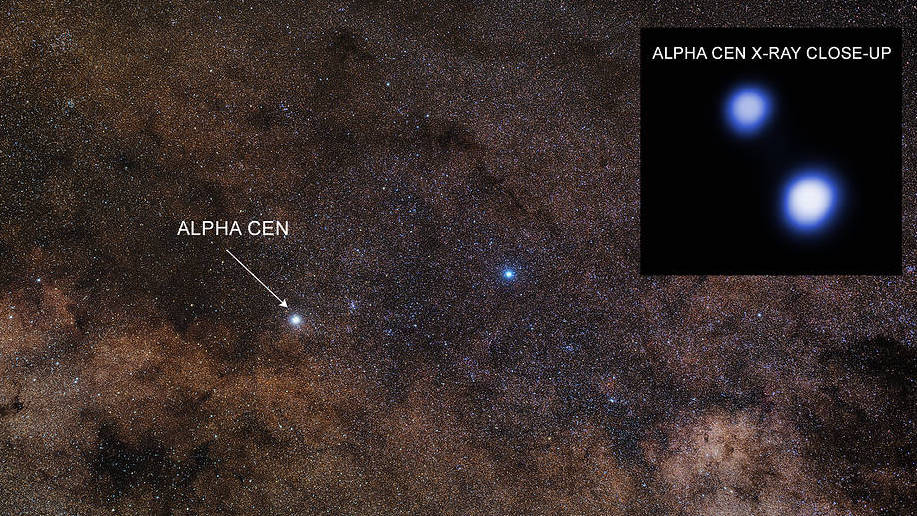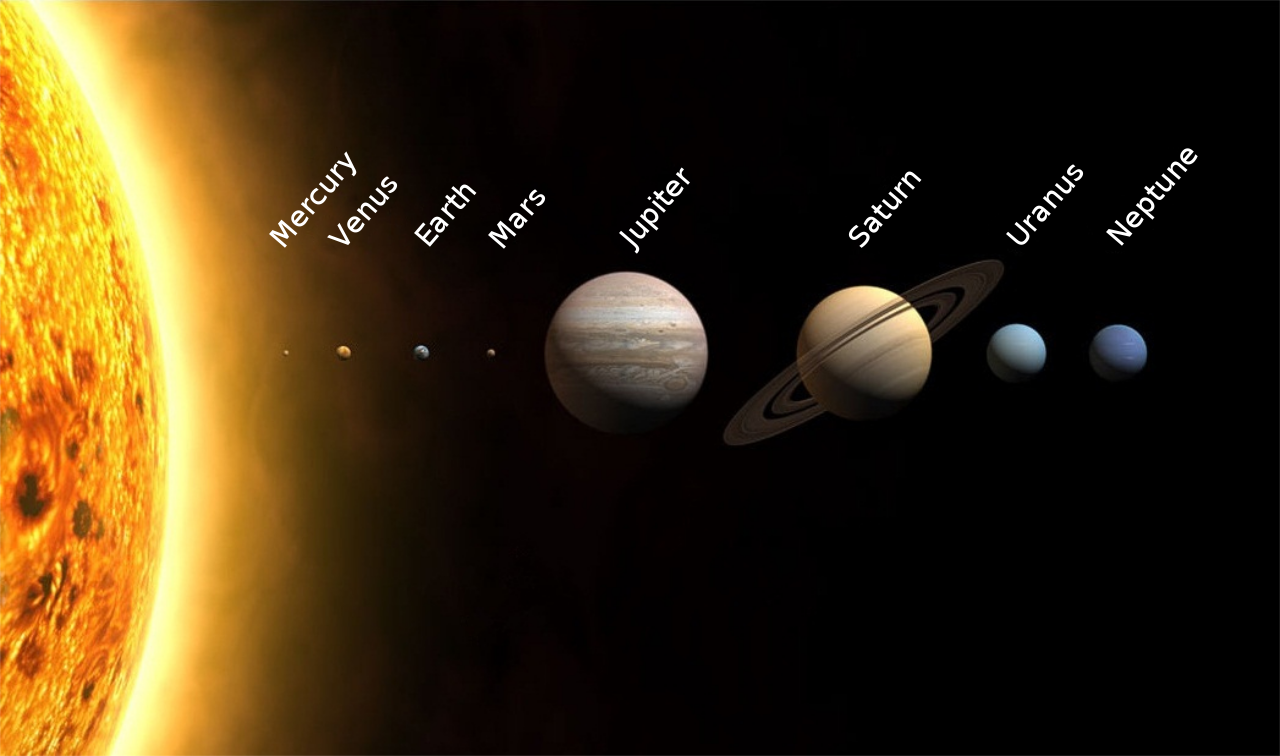For now, our Solar System's eight planets are all safe, and relatively stable. Billions of years from now, everything will be different.
Search Results
You searched for: Systems
Functional complex systems arise from functional simple systems. Failing to heed this advice can and will lead to disaster.
Valles Marineris is the Solar System's grandest canyon, many times longer, wider, and deeper than the Grand Canyon. What scarred Mars so?
This map samples some of the digits that make up the DDC system, invented by the brilliant but flawed Melvil Dewey.
Here in our Solar System, we only have one star: a singlet. For many systems, including the highest-mass ones, that's anything but the norm.
A small Ohio town tried to escape America’s addiction to rectangular grids. It didn’t last long.
Some microbes can withstand Earth's most inhospitable corners, hinting that life may be able to survive similarly extreme conditions on other worlds.
The second law of thermodynamics is an inviolable law of reality. Here's what everyone should know about closed, open, and isolated systems.
It temporarily puts the immune system on high alert to prevent MRSA, pneumonia, and other infections in the hospital.
Get ready for the most peculiar road trip that will help you understand the vastness and emptiness of the solar system — and Sweden.
The TRAPPIST-1 system is a treasure trove of possibilities and questions. Observations by JWST have just begun.
From forgotten Hollywood movies to Frank Herbert’s "Dune," science fiction illustrates some of our deepest fears about technology.
The technology could yield "made-to-order resistance genes" to protect crops against pathogens and pests.
For better and worse, the Columbian Exchange plugged the Americas into the global system — and there was no going back.
New radiocarbon dating reveals astonishing insights.
Dennis Klatt developed trailblazing text-to-speech systems before losing his own voice to cancer.
Lost in a building or underwater? A new muon-based navigation system could be your guide.
It is humanity's biggest step yet into the Solar System.
The recently discovered Oort cloud comet, Bernardinelli–Bernstein, has the largest known nucleus: 119 km. Here's what it could do to Earth.
The detection of two celestial interlopers careening through our solar system has scientists eagerly anticipating more.
What the hell is “re-engineering business value creation systems” anyway?
A healthy endocannabinoid system is critical to the human body’s immune functions.
Life is the only physical system that actively uses information.
Back in 1990, we hadn't discovered a single planet outside of our Solar System. Here are 10 facts that would've surprised every astronomer.
It weakens the bacteria so that the immune system can destroy it.
There are plenty of life-friendly stellar systems in the Universe today. But at some point in the far future, life's final extinction will occur.
Neuroscientist and author Bobby Azarian explores the idea that the Universe is a self-organizing system that evolves and learns.
Artificial general intelligence will not arise in systems that only passively receive data. They need to be able to act back on the world.
This oddball system of three stars might be our best chance at finding nearby life in the Universe.
Despite being the closest planet to the Sun, Mercury "only" reaches 800 °F at its hottest. Venus is always hotter, even at night.
